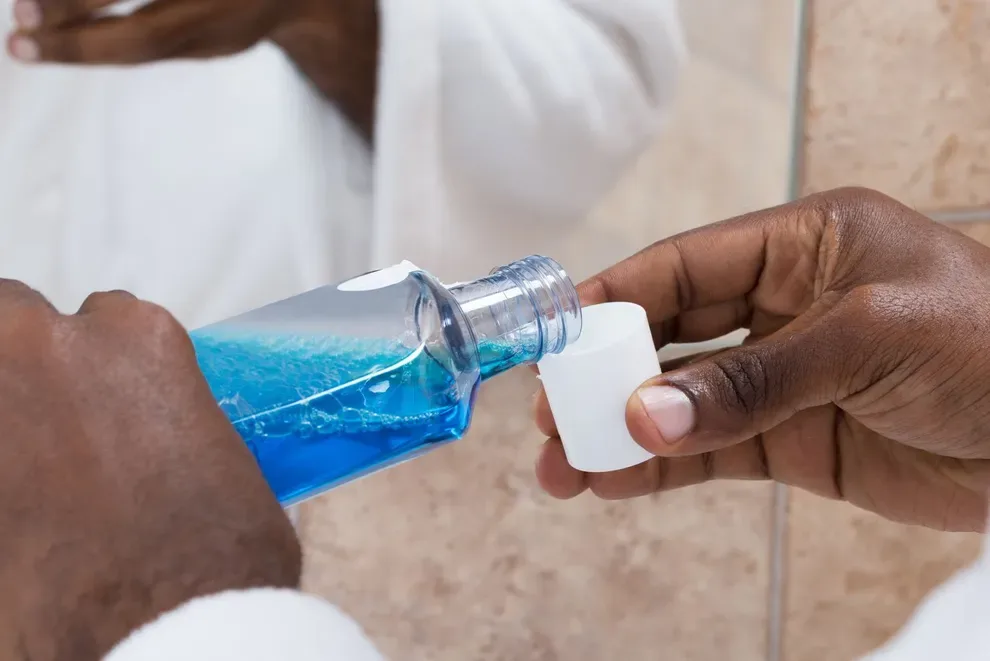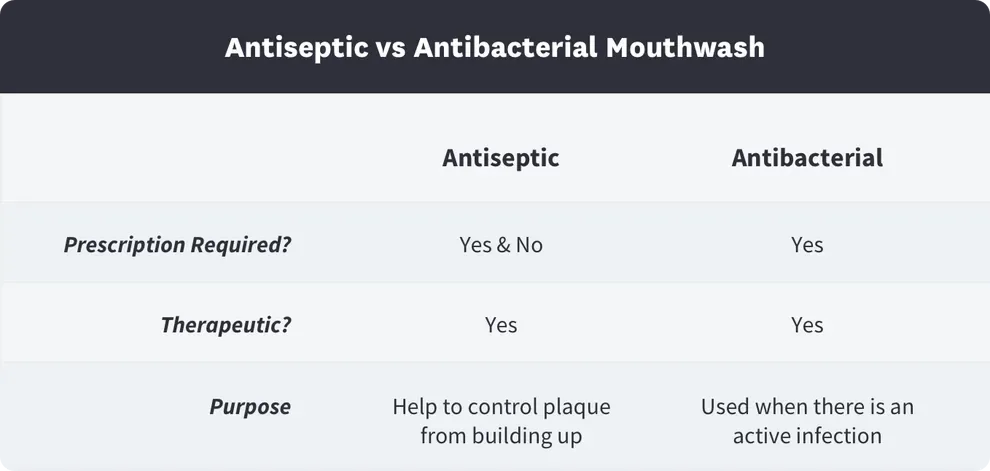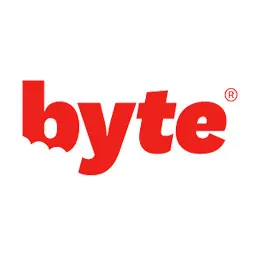Antiseptic vs. Antibacterial Mouthwash: Which Should You Use?

Table of Contents
- Antiseptic Mouthwash
- Antibacterial Mouthwash
- Antimicrobial Mouthwash
- Additional Types of Mouthwash
- Best Mouthwash for Infected Gums
- Medicated Mouthwash
Both antiseptic and antibacterial mouthwashes can help to keep your mouth healthy when used as part of a full oral hygiene routine. Your particular dental needs can dictate which type of mouthwash will be ideal for you.
Talk to your dentist to understand which is best suited. Often, antibacterial mouthwashes are prescription-based.
The American Dental Association (ADA) reports that there are two main types of mouthwash: cosmetic and therapeutic. Therapeutic mouthwashes have active ingredients that work to reduce or control conditions, such as gingivitis, tooth decay, plaque, and bad breath. Cosmetic mouthwashes only have the temporary benefit of tasting pleasant and the short-term reduction of bad breath.
Both antiseptic and antibacterial mouthwashes are therapeutic. Antiseptic mouthwash uses ingredients that help to prevent infections that can cause plaque buildup and gum disease (gingivitis). Antibacterial mouthwash targets specific bacteria in the mouth to help with an active infection like gingivitis by reducing the number of bacteria.

Antiseptic Mouthwash
Antiseptic mouthwashes can help to control plaque from building up by disrupting the bacterial load in your mouth.
Prescription antiseptic mouthwashes often contain chlorhexidine (CHX), which has antimicrobial effects and is often used to treat gingivitis.1 CHX can lead to tooth staining and disrupt the natural balance of your mouth, however. When prescribed, it is generally to be used on a short-term basis.
Additional antiseptic mouthwashes can contain the following active ingredients, which can help to control plaque buildup, gum disease, and also bad breath:
Hydrogen peroxide
Menthol
Eucalyptol
Sodium chloride
Fluoride
Here are some popular brands of antiseptic mouthwash:
Antibacterial Mouthwash
Antibacterial mouthwashes are like antibiotics in that they target specific bacteria and can be used when there is an active infection.2 They can help to keep plaque from building up and often contain active antibacterial ingredients, such as cetylpyridinium chloride.3
There are both over-the-counter and prescription-based antibacterial mouthwashes. Here are some examples:
Antimicrobial Mouthwash
An antimicrobial is a substance that destroys microorganisms like harmful bacteria (or mold) or halts their growth.
Both antiseptic and antibacterial mouthwashes have antimicrobial properties, as they both work to kill or reduce problematic organisms in the mouth.
Additional Types of Mouthwash
When choosing a mouthwash, pick one that targets the specific issue you are trying to manage.
There are numerous types of mouthwashes out there aiming to do different things. In addition to antiseptic and antibacterial mouthwashes that can help to prevent, reduce, or control gum disease, tooth decay, bad breath, or plaque buildup, there are also mouthwashes designed for teeth whitening, reducing dry mouth, and breath freshening.
Check for the ADA Seal of Approval. Mouthwash should be used as part of an oral health routine that also includes brushing and flossing your teeth and regular dental checkups and professional cleanings.
When choosing a mouthwash, pick one that targets the specific issue you are trying to manage.
Best Mouthwash for Infected Gums
Those suffering with gum problems or gum disease (including early-stage gingivitis) should look for mouthwashes that are targeted for gum health. Different formulations use different ingredients, including cetylpyridinium chloride, chlorhexidine, and essential oils.
These are some top-rated mouthwashes for gum health:
Colgate Total Gum Health Mouthwash: This alcohol-free formula has a “clean mint” flavor and antiseptic properties.
Dental Herb Company Tooth & Gums Tonic: This anti-inflammatory mouthwash costs more than most other options, but it receives top reviews for its unique herbal and essential oil blend.
Listerine Gum Therapy Antiseptic Mouthwash: Listerine claims this fluoride anticavity mouthwash will reduce symptoms of gum disease, including redness, bleeding, and inflammation.
Medicated Mouthwash
When referring to medicated mouthwash, there are both prescription mouthwashes (which must be prescribed or provided by a doctor or dental professional) and specialized, therapeutic mouthwashes that are available to consumers to target certain conditions.
Prescription Medicated Mouthwashes
If needed, your dentist will recommend a prescription medicated mouthwash for certain oral health problems like gum disease or mouth sores. You can also ask your dentist about prescription mouthwash if you feel it would be helpful.
Common prescription medicated mouthwashes include the following:
Chlorhexidine: This is a popular mouth rinse used to treat gingivitis.
Magic mouthwash: This is a pain-relieving mouthwash formula to ease the discomfort of mouth sores. It is often used by chemotherapy patients.
Colgate Prevident Dental Rinse: This is a fluoride mouthwash designed to prevent cavities and decay for those who have trouble brushing.
Non-Prescription Medicated Mouthwashes
Some mouthwashes offer a higher-strength or custom formula to treat certain conditions. These are also known as over-the-counter medicated mouthwashes and include the following:
Parodontax Active Gum Health Mouthwash: This is an alcohol and fluoride-free formula using cetylpyridinium chloride (CPC).
Oral B Mouth Sore Oral Rinse: Paraben- and alcohol-free, this mouthwash uses hydrogen peroxide as its active ingredient and features a soothing mint flavor.
Orajel for Toothache Mouthwash: This is a pain-relieving mouth rinse that can be used up to four times a day to relieve toothache pain.
Antiseptic & Antibacterial Mouthwash Frequently Asked Questions
Many of Listerine’s offerings are antiseptic, including their original Listerine Antiseptic Mouthwash. Today, they do offer other products, including mouth rinses that are anti-cavity, alcohol free, whitening, and formulations that are designed to treat certain oral health problems, like mouth sores, gum problems, and bad breath.
